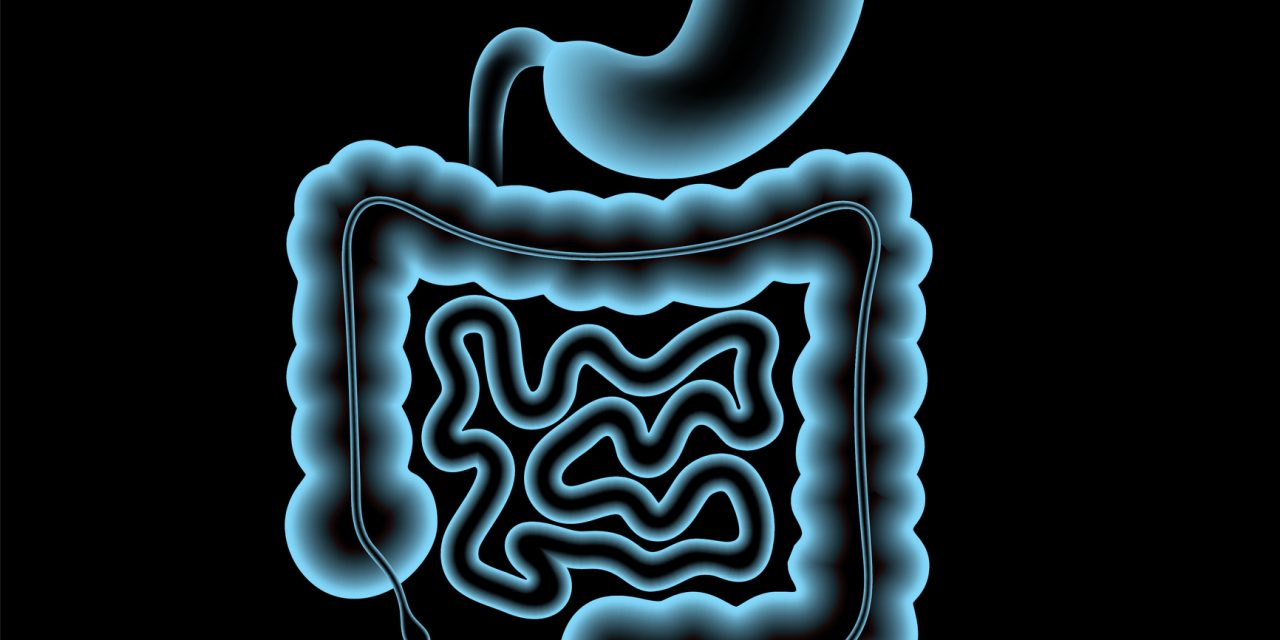For a study, the researchers sought to determine whether probiotics can alter the gut colonization of 1-6 month-old infants by elucidating the mother-infant relationship. Fecal samples from 80 mother-infant pairs were tested by real-time polymerase chain reaction at 1 month (mothers and infants) and 6 months (infants) to determine bacterial counts. About 2 distinct probiotic combinations (1. Lactobacillus rhamnosus + Bifidobacterium longum and 2. Lactobacillus paracasei + Bifidobacterium longum) were administered to the mothers 2 months prior to and 2 months after delivery in this double-blind placebo-controlled experiment. At 1 and 6 months of age, Bifidobacterium bifidum colonization in the women significantly boosted the infants’ chances of being colonized by Bifidobacterium bifidum, as well as their bifidobacterial diversity indices (DI) and mother-infant similarity indexes (SI). Mothers and infants had similar numbers of Bifidobacterium genus (at 1 month) and Bifidobacterium longum (at 6 months). The probiotic intervention had a substantial effect on the mother-infant relationship of fecal bifidobacteria counts at 6 months, but not on colonization rates, DI, or SI. Finally, bifidobacteria colonization of the infant’s stomach showed a definite link between mother and child. The effects of Bifidobacterium bifidum colonization on the infant’s bifidobacterial microbiota were the most consistent. This mother-infant relationship was unaffected by maternal probiotic therapy.


